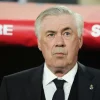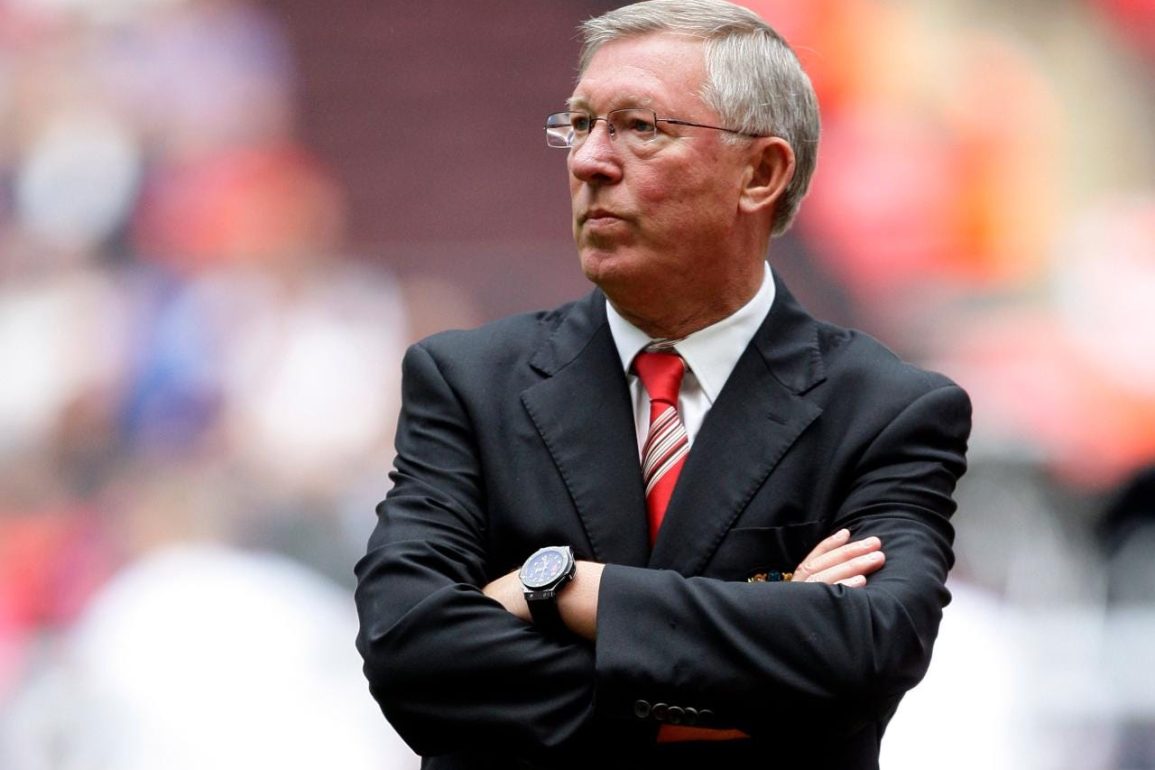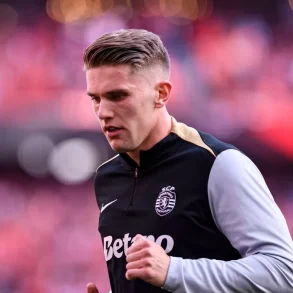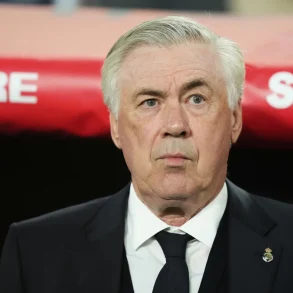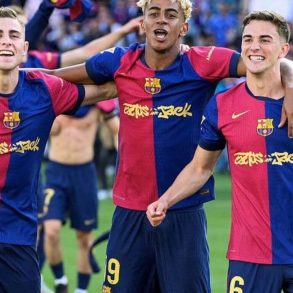The 2008 Champions League final at Moscow’s Luzhniki Stadium is etched in football history. Millions watched as Manchester United and Chelsea battled for European supremacy. The defining moment came in a penalty shootout when John Terry slipped, missing the chance to secure Chelsea’s first Champions League title. This failure, combined with United’s victory, solidified Sir Alex Ferguson’s legendary status.
However, Rio Ferdinand believes that United’s triumph was set in motion years earlier, not in Moscow, but behind the closed doors of Estadio do Benfica in Portugal. This moment, often overshadowed by the grand spectacle of the final, played a crucial role in shaping the mentality and determination of United’s squad. It was a tale of resilience, discipline, and managerial genius that ultimately led to European glory.
Sir Alex Ferguson’s Tough Love Transformed Ronaldo and Revived United’s Championship Ambitions
Three years before the Moscow final, a young Cristiano Ronaldo experienced one of Ferguson’s most intense managerial moments. After a poor performance against Benfica, Ferguson unleashed his infamous “hairdryer treatment” on the young star, questioning his arrogance and ability. Ronaldo, who had been trying too hard to impress, was left in tears. Ferdinand recalls this moment as a turning point for the Portuguese forward, shaping his mentality and work ethic.
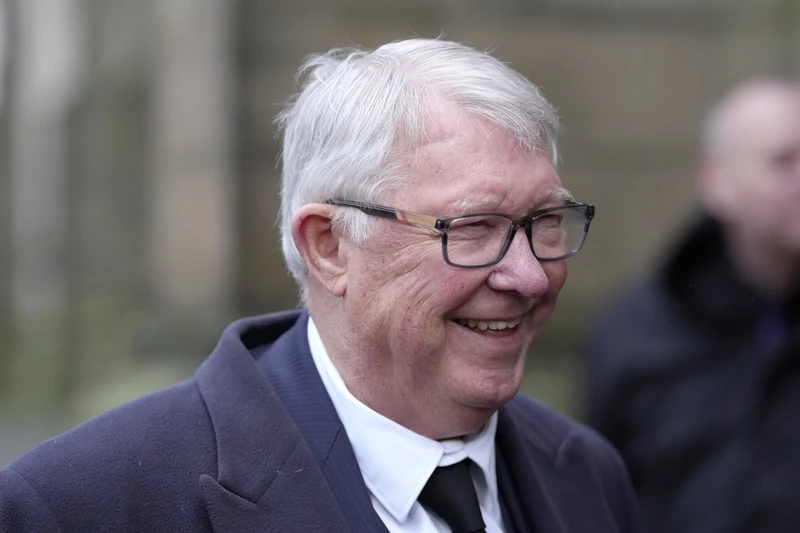
It was the spark that ignited Ronaldo’s journey to becoming one of the world’s best players. Ferguson’s tough love was instrumental in molding Ronaldo, ensuring that he learned to harness his talent effectively rather than rely solely on natural ability. The incident in Lisbon was a catalyst, setting the stage for Ronaldo’s transformation into a global footballing icon.
In the early 2000s, United had lost their dominance in English football. Having won the league in 2002-03, Ferguson watched as Arsenal’s ‘Invincibles’ claimed the title in 2003-04, followed by Chelsea’s back-to-back triumphs in 2004-05 and 2005-06 under Jose Mourinho. Ferguson, known for his relentless drive, refused to accept defeat. ‘
The rebuild of United’s squad began, driven by a mixture of youth, tactical reinvention, and Ferguson’s trademark motivational skills. This period of transition was not without its challenges. The pressure to reclaim dominance weighed heavily on the squad, but Ferguson’s leadership ensured that the team remained focused and driven. Each setback was met with an immediate plan for improvement, reflecting Ferguson’s commitment to excellence and his refusal to accept mediocrity.
Sir Alex Ferguson’s Vision and Leadership Drove United’s Rise to European Glory
A crucial factor in United’s resurgence was the return of Carlos Queiroz as Ferguson’s assistant. His deep tactical knowledge and ability to connect with international players helped modernize United’s approach. Queiroz emphasized European-style tactical discipline, ensuring United could adapt to different styles of play. His impact was profound, particularly in shaping players like Ronaldo, Rooney, and Nemanja Vidic.
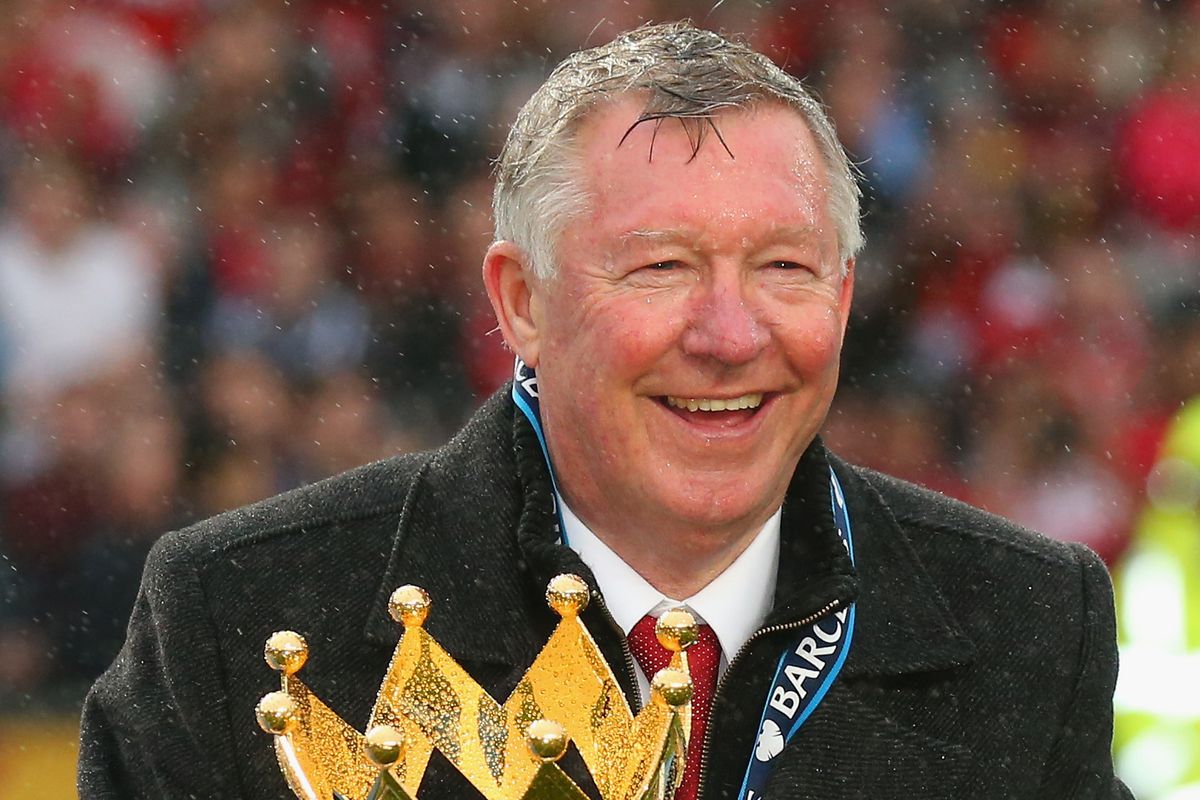
His presence provided a crucial bridge between Ferguson’s old-school methods and the evolving demands of modern football. Queiroz’s influence extended beyond tactics; his ability to communicate with players from different backgrounds helped create a cohesive squad. His role in transforming United’s playing style made them more competitive in European competitions, an area where they had previously struggled.
Wayne Rooney’s arrival in 2004 marked another turning point for United. Fresh from his breakout performances at Euro 2004, Rooney’s aggressive and fearless playing style complemented Ronaldo’s flair. Together, they formed a dynamic partnership that gave United a cutting edge in attack. Their work ethic and hunger for success aligned perfectly with Ferguson’s philosophy, providing the foundation for the club’s resurgence.
This duo, alongside key signings like Michael Carrick, laid the groundwork for future success. The impact of Rooney and Ronaldo was immediate, with their performances proving decisive in key matches. Ferguson’s ability to integrate these young talents into the squad while maintaining team harmony was a testament to his managerial brilliance.
United’s 2006-07 Champions League campaign provided a glimpse of their potential. Despite a 3-2 win over AC Milan in the semi-final first leg, they were ultimately outclassed in the return fixture, losing 3-0. However, this defeat proved invaluable. Rooney recalls that the team, despite their youth, realized they were capable of competing with Europe’s elite.
The experience gained from that campaign became instrumental in shaping the squad’s mentality for the following seasons. The disappointment of falling short in 2007 served as motivation, driving the players to push harder. Ferguson ensured that lessons were learned, making tactical adjustments that would prove crucial in their eventual European triumph.
Sir Alex Ferguson’s Masterstroke Leading United to Glory in Moscow 2008
By the 2007-08 season, United had assembled a squad capable of challenging for the Champions League. The defense, marshaled by Ferdinand and Vidic, provided stability, while Carrick’s composure in midfield allowed Ronaldo, Rooney, and Carlos Tevez to flourish in attack.
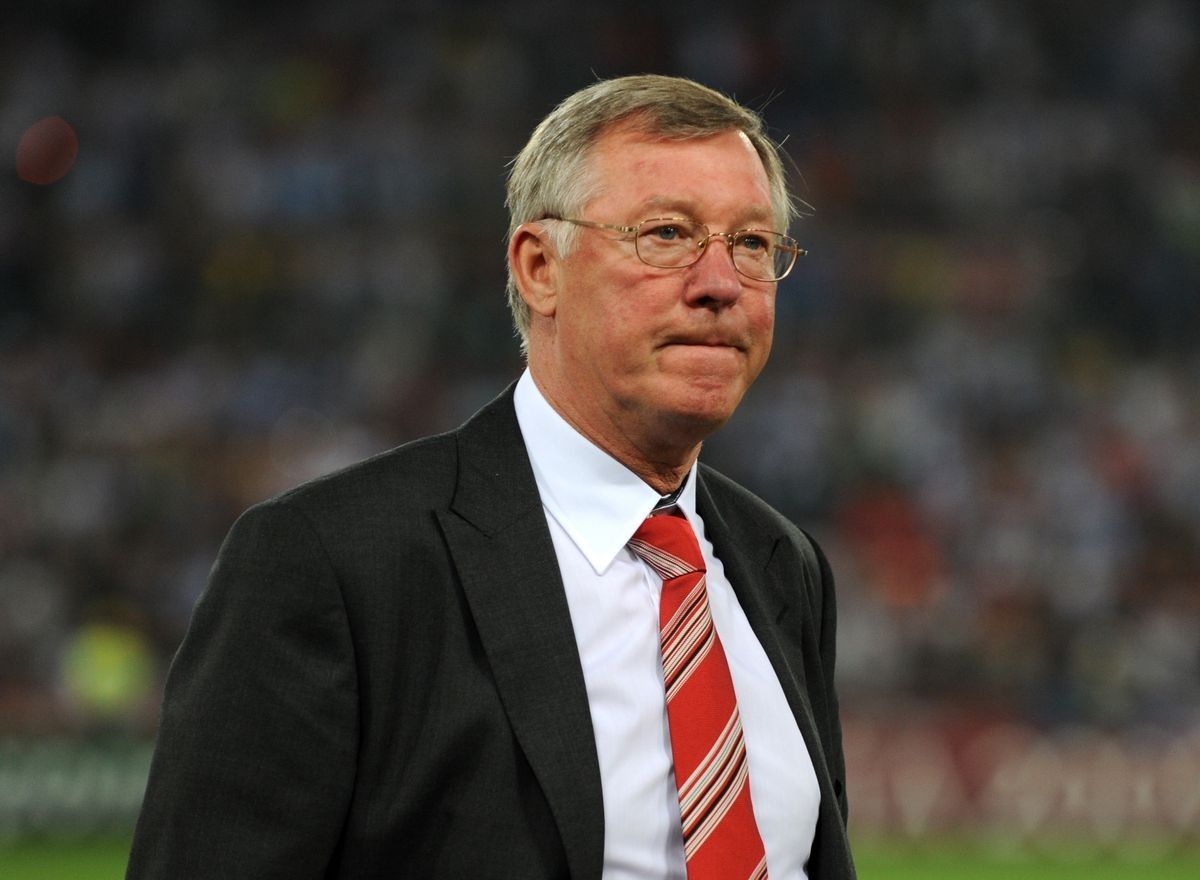
Ferguson’s tactical adjustments, influenced by Queiroz’s European expertise, ensured United could compete both domestically and on the continent. The team’s evolution was complete, and they stormed to the Premier League title, setting the stage for their crowning moment in Moscow. Every signing, every tactical change, and every motivational speech led to this moment. The meticulous planning paid off, with United emerging as the dominant force in European football.
On the morning of the final, Ferguson delivered what many players regard as one of his greatest team talks. He spoke about his working-class roots, the struggles of ordinary people, and the sacrifices made to reach this moment. Ferdinand recalls being so inspired that he felt ready to run through walls.
Rooney emphasizes how Ferguson’s speech humbled the team, reminding them of their privileged position and the responsibility they carried. This emotional connection played a crucial role in their mental preparation for the final. Ferguson’s ability to tap into the players’ emotions and backgrounds created a strong sense of unity and purpose, essential for handling the pressure of such a significant match.
The final itself was a tense affair. Ronaldo opened the scoring with a towering header, but Frank Lampard equalized for Chelsea. The match went into extra time and eventually to penalties. When Ronaldo missed his spot-kick, Chelsea had the opportunity to win. However, fate intervened as John Terry slipped, sending his penalty wide.
Edwin van der Sar’s save from Nicolas Anelka secured United’s victory, cementing Ferguson’s legacy as one of football’s greatest managers. The celebrations that followed highlighted the significance of the victory, not just for the club, but for the players who had fought so hard to reach this pinnacle.
United’s triumph in Moscow was more than just a trophy win; it was the culmination of years of meticulous planning, relentless drive, and Ferguson’s ability to rebuild and reinvent. The lessons learned from failures, the impact of key individuals like Queiroz, Rooney, and Ronaldo, and the unwavering belief of Ferguson all contributed to this defining moment.
Moscow 2008 remains a testament to Ferguson’s genius, a victory that encapsulated his footballing philosophy and cemented his place as one of the greatest managers in history. The echoes of that night still resonate, a reminder of what can be achieved through vision, determination, and unyielding belief in success.


